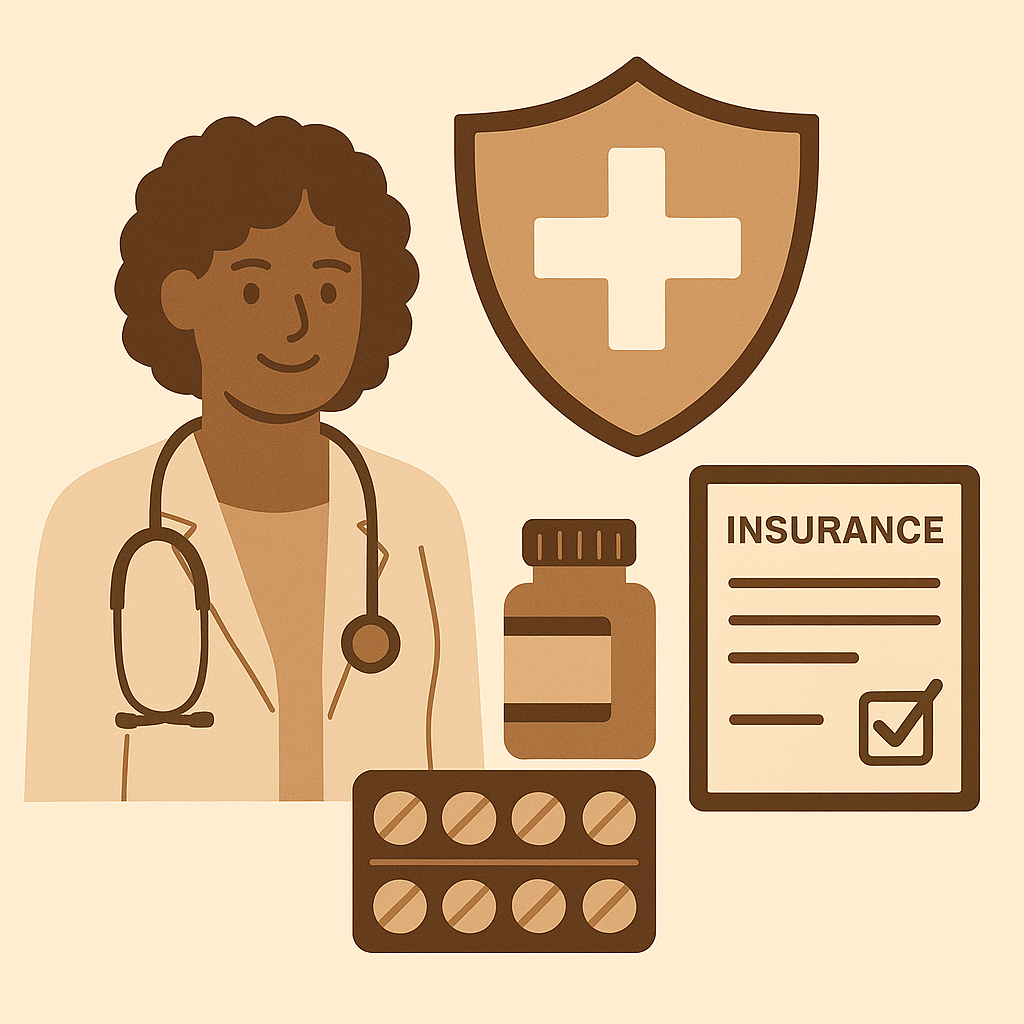Health Insurance & Medical Aid in South Africa
South Africa’s healthcare system operates as a dual model — public services for general access and private care for those who can afford it. The public system (clinics and public hospitals) is subsidized and often free or low cost, but it can be overwhelmed, under-resourced, and subject to long wait times. Most expats rely on private medical aid or insurance to access high-quality care, specialist access, and timely treatment.
Medical aid schemes (also called medical aids) operate under non-profit trusts, with contributions paid monthly. The cost depends on your chosen coverage level, age, health status, and whether you want extras like dental or hospitalization. On average, a more basic plan might run R1,300/month, while advanced or comprehensive plans can exceed R11,350/month.
Major Medical Aid Schemes & Pricing
Here’s a snapshot (as of early to mid-2024) of five of the biggest open-access medical aid schemes in South Africa, and what they currently offer:
Discovery: Offers tiers like KeyCare (R1,102–R3,354), Smart, Core, Saver, Comprehensive, and Executive in its open plans.
Bonitas: Plans include MedElect Student (from R894), MedVital (R2,022–R2,598), MedAdd, MedElect, MedSaver, MedPrime, MedElite, and MedPlus (higher end)
Because medical aid costs tend to rise each year, monitor changes — for example, Bonitas has announced an average increase of 8.8% for 2026.
Tips for Choosing & Using Medical Aid
Compare coverage, not just price: The cheapest plan may lack critical benefits or limit which hospitals/doctors you can use.
Repatriation & overseas care: If you travel or will be out of South Africa at times, ensure your plan or supplemental insurance includes medical evacuation and treatment abroad.
Timing matters: It’s wise to secure private coverage before arrival or as early as possible, to avoid gaps that could leave you at risk.
Adding dependents: Most plans allow you to add a spouse and children, but premiums will increase.
Network and direct billing: Some plans allow bills to be directly settled with hospitals/providers; others require upfront payment and later claims submission.


